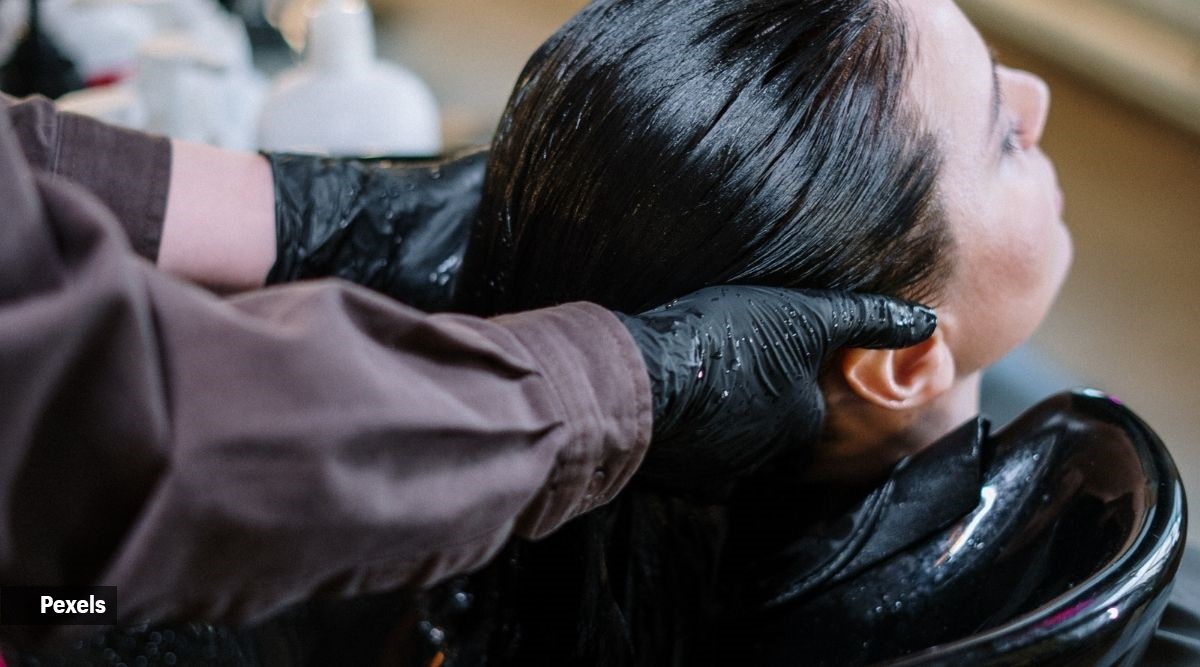 Read on to know more about shampoo mistakes that you must avoid this season. (Source: Pexels)
Read on to know more about shampoo mistakes that you must avoid this season. (Source: Pexels)During the ongoing summer season, some of the most common concerns include daytime humidity, sweat, and oil secretions from the scalp, making our hair look greasy and oily despite regular washing.
If you’re engaged in regular physical activity, you might feel the need to shampoo your hair much more than usual. However, regular or incessant shampooing may strip the hair follicles off of moisture and make the scalp even oilier, defeating the entire purpose.
As such, your hair care regime may need a few changes, especially the manner in which you wash your hair. Dermatologist Dr Aanchal Panth took to Instagram to address these queries and suggested effective ways in which you can shampoo your hair this season.
Take a look
Best of Express Premium
View this post on Instagram
If you plan on shampooing your hair today, avoid these mistakes, as suggested by Dr Aanchal.
Don’t use circular motion to lather shampoo
Using a circular motion to lather shampoo causes the “hair shafts to rub against each other creating more friction.” Albeit a common way to shampoo hair, it “also increases the chances of tangling hair strands.”
The expert recommended using a side-to-side motion to lather the shampoo as it will help in easy lather formation without damaging hair strands. Ensure that you use gentle pressure while touching your scalp and that it is completely dripping wet before you apply shampoo.
Don’t apply shampoo directly on hair shafts
 Apply shampoo only to your scalp. (Source: Representative image/Pexels)
Apply shampoo only to your scalp. (Source: Representative image/Pexels) The expert mentioned that if you apply shampoo directly to your hair strands, it could make your hair dry and frizzy. Ensure that you do not rub hair strands against each other when wet, as it “can cause fraying of hair cuticles”.
Instead, Dr Aanchal suggested that you let the shampoo from the scalp run through your hair strands. This practice is adequate to clean your hair till the next wash.
📣 For more lifestyle news, follow us on Instagram | Twitter | Facebook and don’t miss out on the latest updates!
- The Indian Express website has been rated GREEN for its credibility and trustworthiness by Newsguard, a global service that rates news sources for their journalistic standards.

